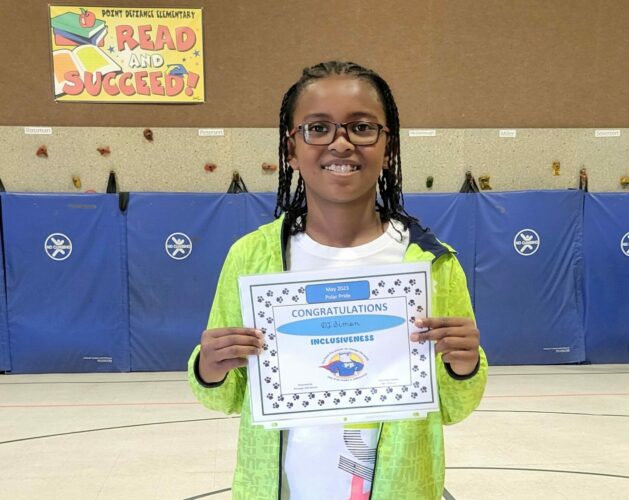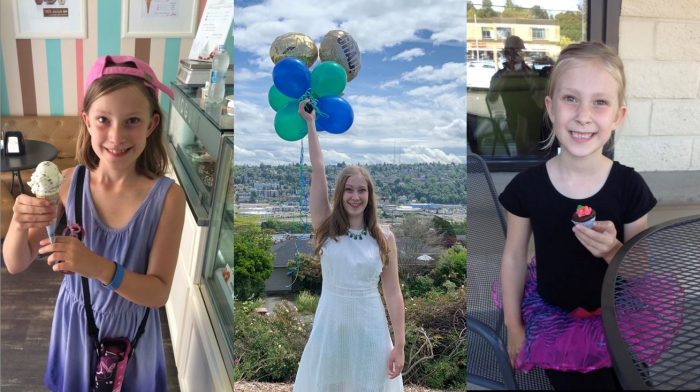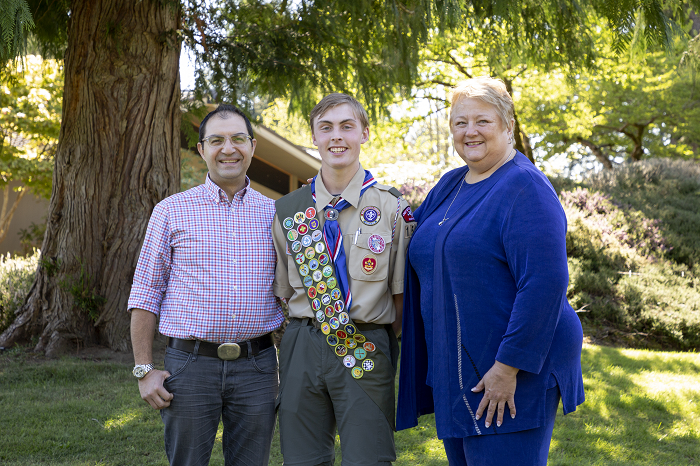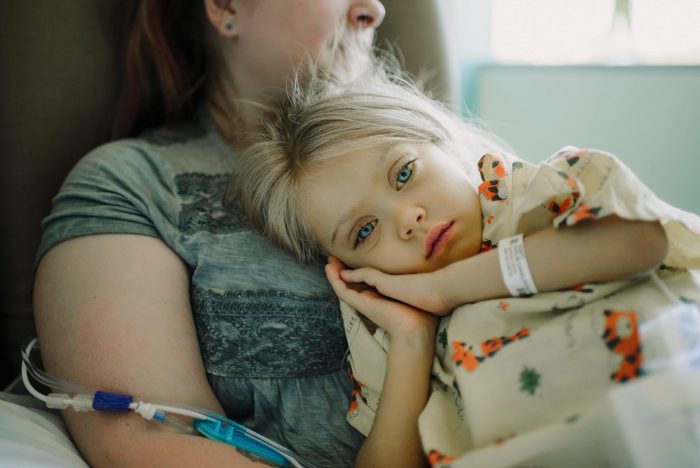9-year-old DeAngelo “DJ” has his dreams for the future all planned out. “DJ tells everyone that he wants to become a pediatric surgeon or a pediatric gastroenterologist one day,” explained Angela McCulloch. “He says that he plans to go to school at the University of Washington and work at Seattle Children’s to help kids like […]
There are a lot of ways to describe it: soft, hard, brown, green, runny and stinky. It’s a messy topic often discussed behind closed doors, but today, we’re breaking down what you need to know about poop – from its color, consistency and frequency, to what to do when a child is backed up. According […]
A confluence of factors has led to a nationwide baby formula shortage. Dr. Dale Lee, medical director of clinical nutrition at Seattle Children’s, shared some advice for parents with The Seattle Times. Here are some key takeaways from Lee:
Seattle Children’s is excited to welcome Dr. Hannibal Person to the Gastroenterology and Hepatology team. Dr. Person brings a unique triad of general psychiatry, child and adolescent psychiatry, and pediatric gastroenterology expertise to Seattle Children’s. He is looking forward to building an interdisciplinary program to help children who suffer from chronic gastrointestinal symptoms like nausea, […]
When Amanda Thorlacius found out she was pregnant with a little girl, she was overjoyed. But she wondered if her daughter would inherit the same genetic condition that robbed her of a normal childhood. “Give me all the diseases in the world, but don’t give Alagille syndrome to my children,” Amanda said. Alagille syndrome (ALGS) […]
Seattle Children’s recently named Dr. Evelyn Hsu the division chief of Gastroenterology and Hepatology. For more than a year, Hsu was the acting chief while a national search was conducted. In this interview, Dr. Hsu talks about her extensive medical career, her vision for the future and what hope, care and cures mean to her. […]
Doctors often deal with medical conditions that might be somewhat embarrassing or just difficult for patients to understand. Inflammatory bowel disease, a serious and debilitating condition that, as the name implies, affects the intestines and everything that comes out of them, is one of those ailments. Medical providers who treat and investigate IBD have to […]
Abby Spaulding, 15, was only 2 years old when she was diagnosed with celiac disease. As a baby, she had a very sensitive stomach and would throw up frequently. Abby’s mother brought her to the doctor concerned it was something more than just a simple upset stomach. Her intuition was right. Abby was diagnosed with […]
The numerous merit badges adorning 17-year-old Andrew Peterson’s olive green Boy Scout sash not only signify his accomplishments, but illustrate how far he has come. Andrew’s journey of overcoming a difficult illness that left him in and out of the hospital during most of his early childhood years, led him to recently receiving the highest […]
Janessa Felt watched helplessly as her 2-year-old daughter’s sunny disposition began to fade away. Charlotte’s bright smile and infectious laugh usually hid her struggle well, but that façade was cracking. Charlotte was getting sicker, which was evident by her yellow skin, the silver highlights in her hair and her large distended belly. Her piercing blue […]






